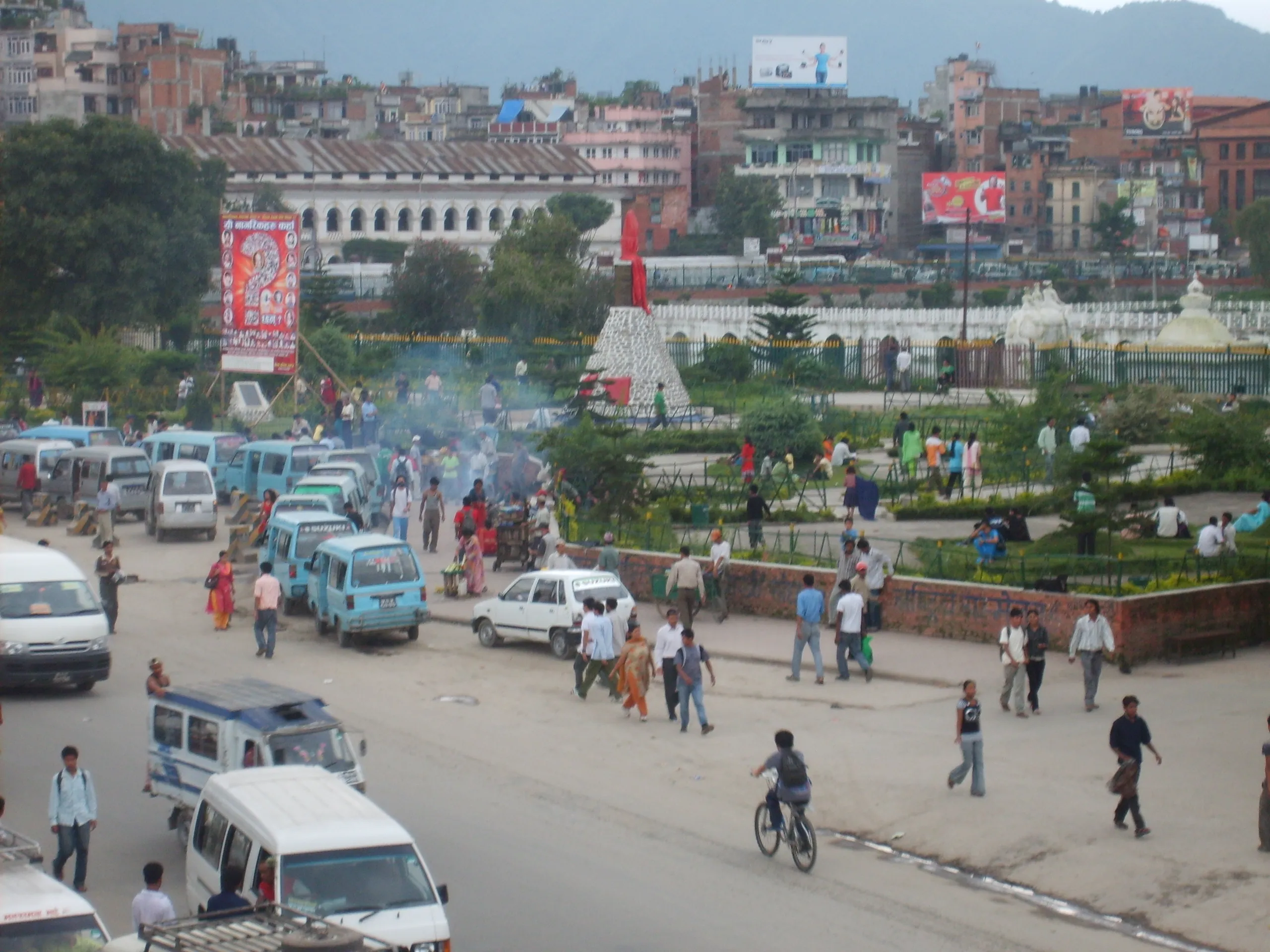The Nepalese Government is conducting out a comprehensive survey of road transportation, the first time in the country’s history this has been carried out. Nepal’s Central Bureau of Statics, the government’s statistical agency, began its survey a month ago and is expected to complete with the end of June, 2013. The survey data is expected to help government fiscal planning, employment, public transportation role and GDP and also help in education and research. The Government of Nepal has also decided that d
March 8, 2013
Read time: 2 mins

The 5283 Nepalese Government is conducting out a comprehensive survey of road transportation, the first time in the country’s history this has been carried out. Nepal’s Central Bureau of Statics, the government’s statistical agency, began its survey a month ago and is expected to complete with the end of June, 2013. The survey data is expected to help government fiscal planning, employment, public transportation role and GDP and also help in education and research.
The Government of Nepal has also decided that different types of vehicles should have different colours of licence plates to provide easier identification. The black plates will denote vehicles available for rent, red for private vehicles and green for tourist vehicles. Officials state that the Central Bureau of Statics has already prepared a survey questionnaire. This covers areas such as human resources, government taxes, income generated, profits, losses and total distances travelled by each vehicle. This survey is also expected to gather more statistical information on the public transportation sector.
The Government of Nepal has also decided that different types of vehicles should have different colours of licence plates to provide easier identification. The black plates will denote vehicles available for rent, red for private vehicles and green for tourist vehicles. Officials state that the Central Bureau of Statics has already prepared a survey questionnaire. This covers areas such as human resources, government taxes, income generated, profits, losses and total distances travelled by each vehicle. This survey is also expected to gather more statistical information on the public transportation sector.








